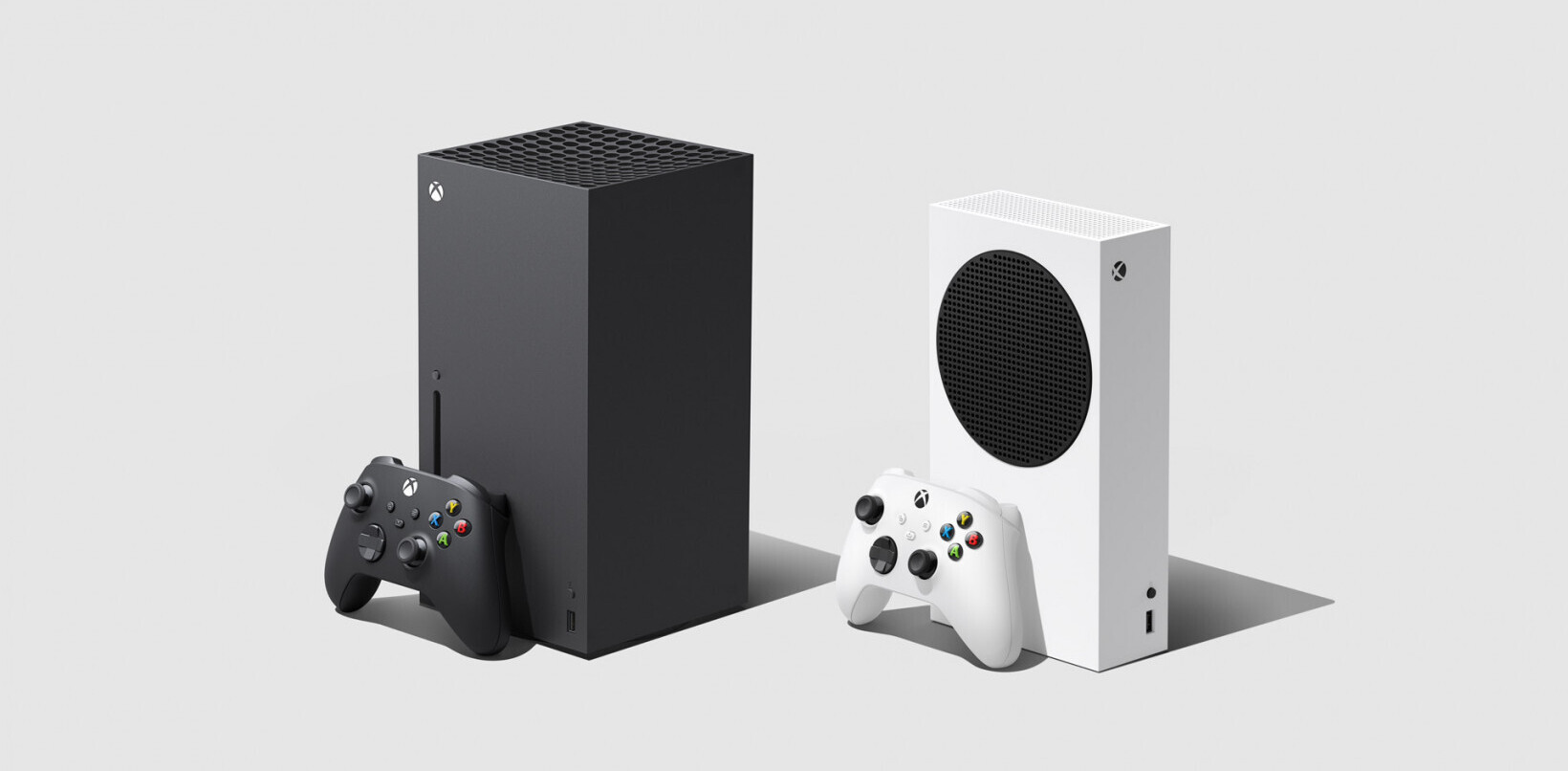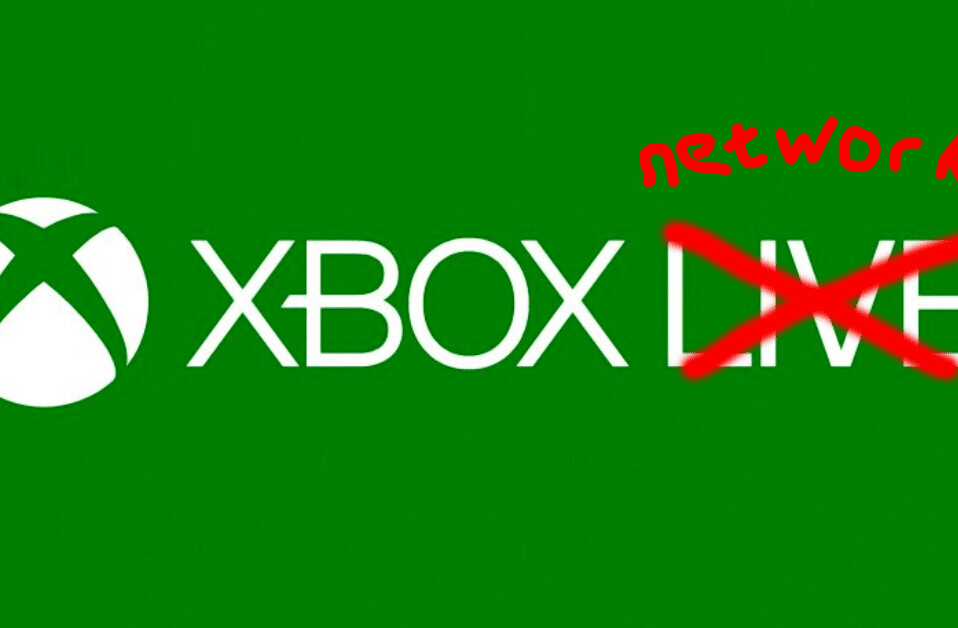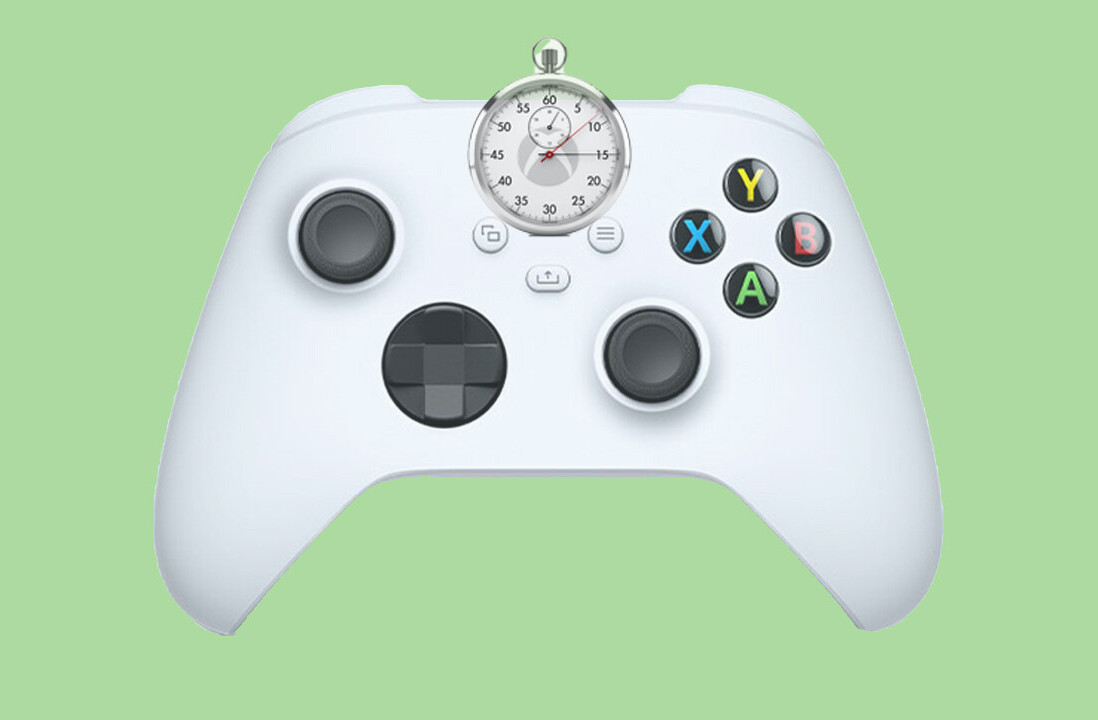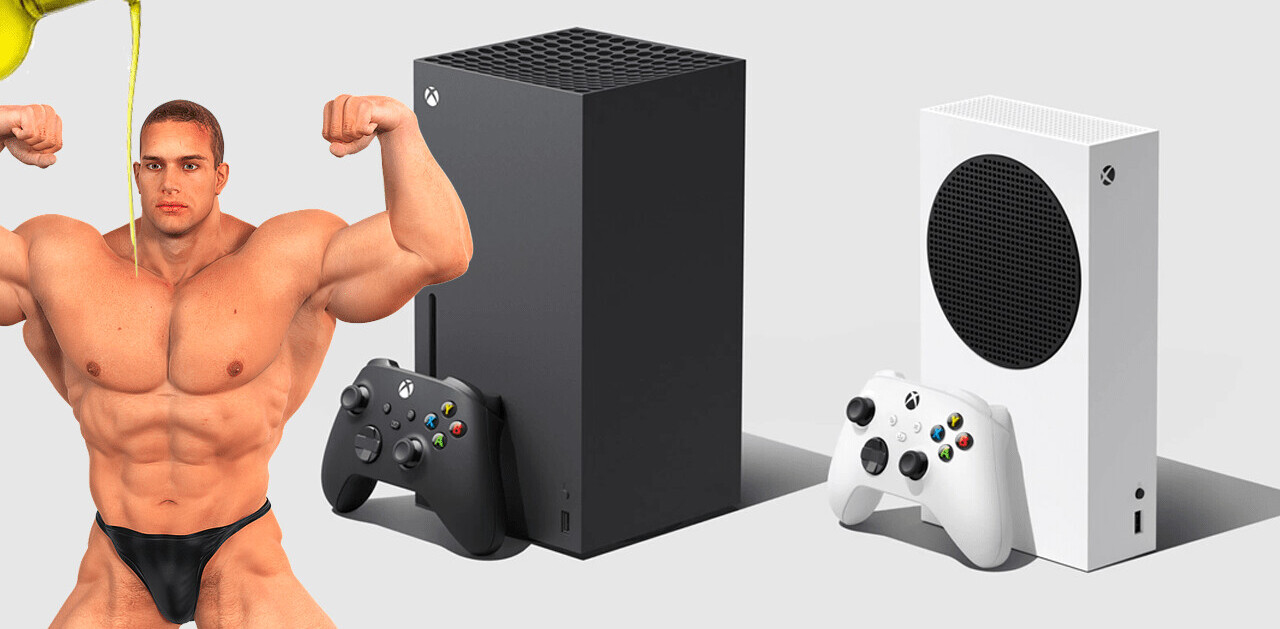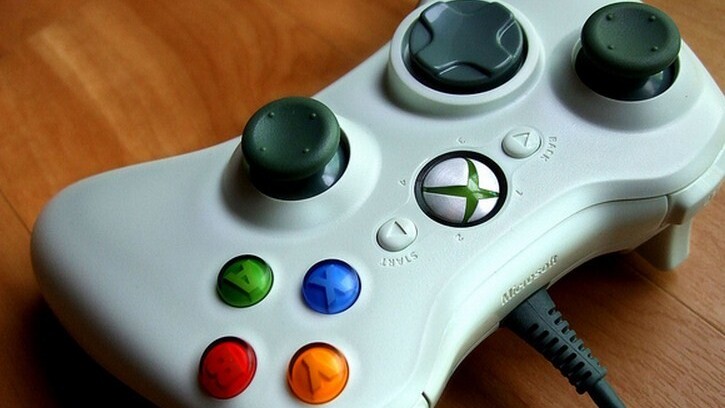
If you were to scroll back just a few weeks, Microsoft’s next Xbox was all but set for a demo at E3, and a release in time for this year’s holiday sales cycle. Now, all that has changed, as a rep from Microsoft’s French division dumped a drum of cold water onto the idea. His words were blunt: “What’s certain is that there will be nothing new in 2012.”
Even if Microsoft teases just a little at E3, that should be the best that we get. This raises several questions: What does this mean for the larger Xbox brand, Microsoft’s rumored platform unification, and of course, how did everyone (TNW included), get it so wrong? We’ll look at each question in turn.
The Xbox Brand
Given that Microsoft never publicly stated that this was the year of the next Xbox console, it is not ‘late’ by any standard. Essentially, only the most informed Xbox 360 owner knew of the rumors that the console’s replacement was to come this year. Therefore, disappointment will be muted.
Also, the Xbox 360 is exceptionally popular at the moment (given its age), so there is no pressing need for new hardware; Microsoft is not falling behind its competition, and in fact tends to outsell both rival consoles. If there was ever a time in the Xbox brand’s history that it isn’t in a hurry, this is likely it.
When you have the crown and momentum with your current system, how much of a rush would you be in to put our your next device? Perhaps it would be better to sit back, take more time, and ensure that its release will be perfect? Microsoft, even in its strong position, cannot afford another Red Ring of Death scandal. That would put people off of buying its new consoles near their launch date for the next decade.
In short, the Xbox brand is just fine. This doesn’t harm it in the slightest.
What About Platform Unification?
We have written here on TNW in the past about what we see is a coming unification of the Xbox, Windows Phone, and PC platforms, in terms of app functionality. In other words, we anticipate that in the future, developers will be able to, in some circumstances, code an app once, and have it run on all three platforms.
Oddly, Microsoft’s statement in response to the Xbox delay doesn’t put too much of a dent in this idea. Here’s a line from their comment: “We believe the key to extending the lifespan of a console is not just about the console hardware, but about the games and entertainment experiences being delivered to consumers.” Microsoft seems a bit unconcerned about the hardware side of its console brand, for the moment.
And that makes perfect sense. Advances to the Xbox, aside from the add-on Kinect, have all been software based in recent years. We’ve been harping on about Dashboard updates, not RAM counts and clock speeds. And this far into the life of the Xbox 360, the graphics of new games that it supports remain acceptable. Given Microsoft’s software focus, updates to the Xbox now seem to be much more 1 and 0 related, than silicon based.
Therefore, if Microsoft is in fact working on some sort of platform unification, the delay of the next generation of Xbox hardware does nothing to stymie that progression.
What the Hell Happened?
Honestly, we don’t know. There was enough chatter and re-chatter that we were all but certain about the E3 timetable and late Fall launch timing. Assuming that Microsoft France is not playing some high-level game of mental chess, we were just plain wrong. That happens from time to time.
If we were to lay down the conspiracy card, I would posit, as I hinted at before, that Microsoft had perhaps planned for a 2012 release of the Xbox 720, but instead decided to ride out the strength of the 360 and put the darn thing out a year later. Why? It could be that the 360 is simply selling so well, that the company didn’t want to disturb its last chapter. It could be that the 720 hit a snag, and had to be delayed. Alternatively, given that Windows Phone 8 and Windows 8 are both likely to land this holiday season, it may be that Microsoft simply did not want to launch its new console into that press storm; it wanted it to have its own space.
All that taken together, the Xbox 360 remains the market leader today that it was last week, and the software progression that we have tracking should continue at current rates, later hardware be damned. I’m hoping that something leaks soon that better explains the situation. Keep your ears open.
Get the TNW newsletter
Get the most important tech news in your inbox each week.

